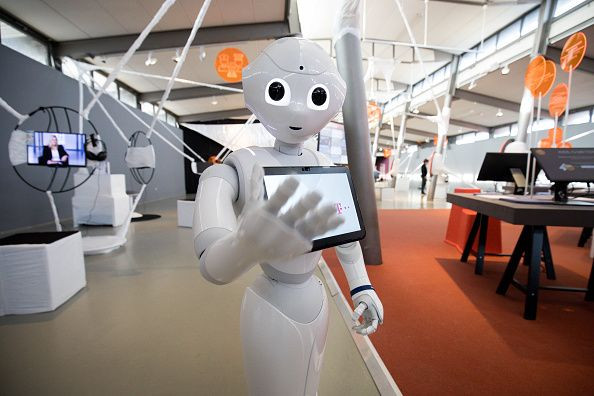Unknown Human Ancestor Uncovered Using Artificial Intelligence

The application of artificial intelligence in evolution research recently led researchers to learn about an unknown species humans might have descended from.
Investigators from the Centro Nacional de Análisis Genómico (CNAG-CRG) of the Centre for Genomic Regulation (CRG), Institute of Evolutionary Biology (IBE) and the Institute of Genomics at the University of Tartu found a new hominid footprint in the genome of Asian individuals after combining statistical methods and deep learning algorithms.
Through modern human DNA computational analysis, the study, published in the journal Nature Communications, was able to provide further insights into an extinct species described as a "hybrid of Neanderthals and Denisovans [who] cross bred with Out of Africa modern humans in Asia."
Deep learning algorithms allowed the study to discover an unknown ancestor of humans who possibly interbred with modern humans possibly tens of thousands of years ago.
"About 80,000 years ago, the so-called Out of Africa occurred, when part of the human population, which already consisted of modern humans, abandoned the African continent and migrated to other continents, giving rise to all the current populations," Jaume Bertranpetit, principal investigator at the IBE, said.
"We know that from that time onwards, modern humans cross bred with Neanderthals in all the continents, except Africa, and with the Denisovans in Oceania and probably in South-East Asia, although the evidence of cross-breeding with a third extinct species had not been confirmed with any certainty."
It was the first time that researchers used deep learning to investigate human evolution. The findings of the research support possible application of the technology to uncover answers on evolution, genomics and biology.
As applications of AI in research and in the society continue to expand, it may eventually be become a new "human right," as what Salesforce CEO Marc Benioff said at the World Economic Forum in Switzerland this week.
Human rights vary across regions, cultures and societies. Nonetheless, in 2016, the United Nations decreed internet access to be regarded as a basic right for everyone. Although this is non-binding, the UN views deliberate internet disruption as a violation of human rights.
Given the rate of AI adoption, it won’t be surprising if the technology would soon be deemed a basic human right as well. As of late, AI is considered the general arch for many technologies like image recognition, natural language processing, data analytics, cognitive computing and machine learning, among others. Since these technologies could have a profound impact on almost everything, including social media and industrial processes, access to AI is already becoming crucial.
Benioff said access to AI-powered systems is imperative at present. Those without access to them can be at a disadvantage. "Those who have the artificial intelligence will be smarter, will be healthier, will be richer, and of course, you've seen their warfare will be significantly more advanced," Benioff said, adding that those who don’t will be "weaker and poorer, less educated and sicker."
© Copyright IBTimes 2025. All rights reserved.



















